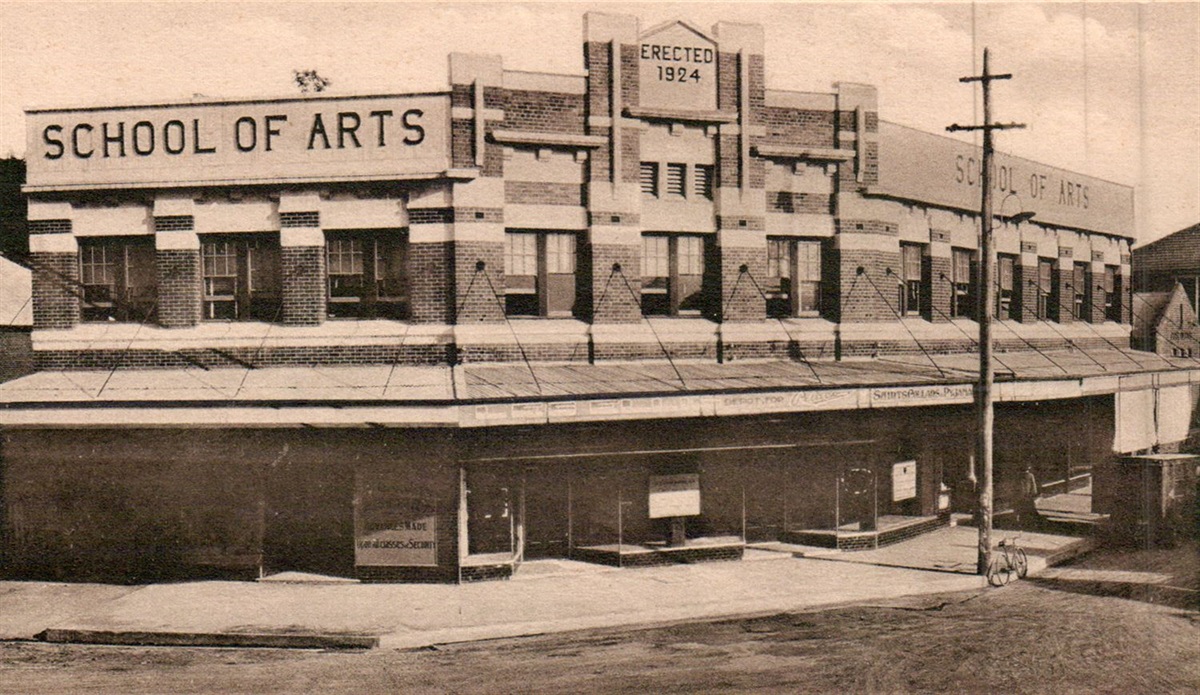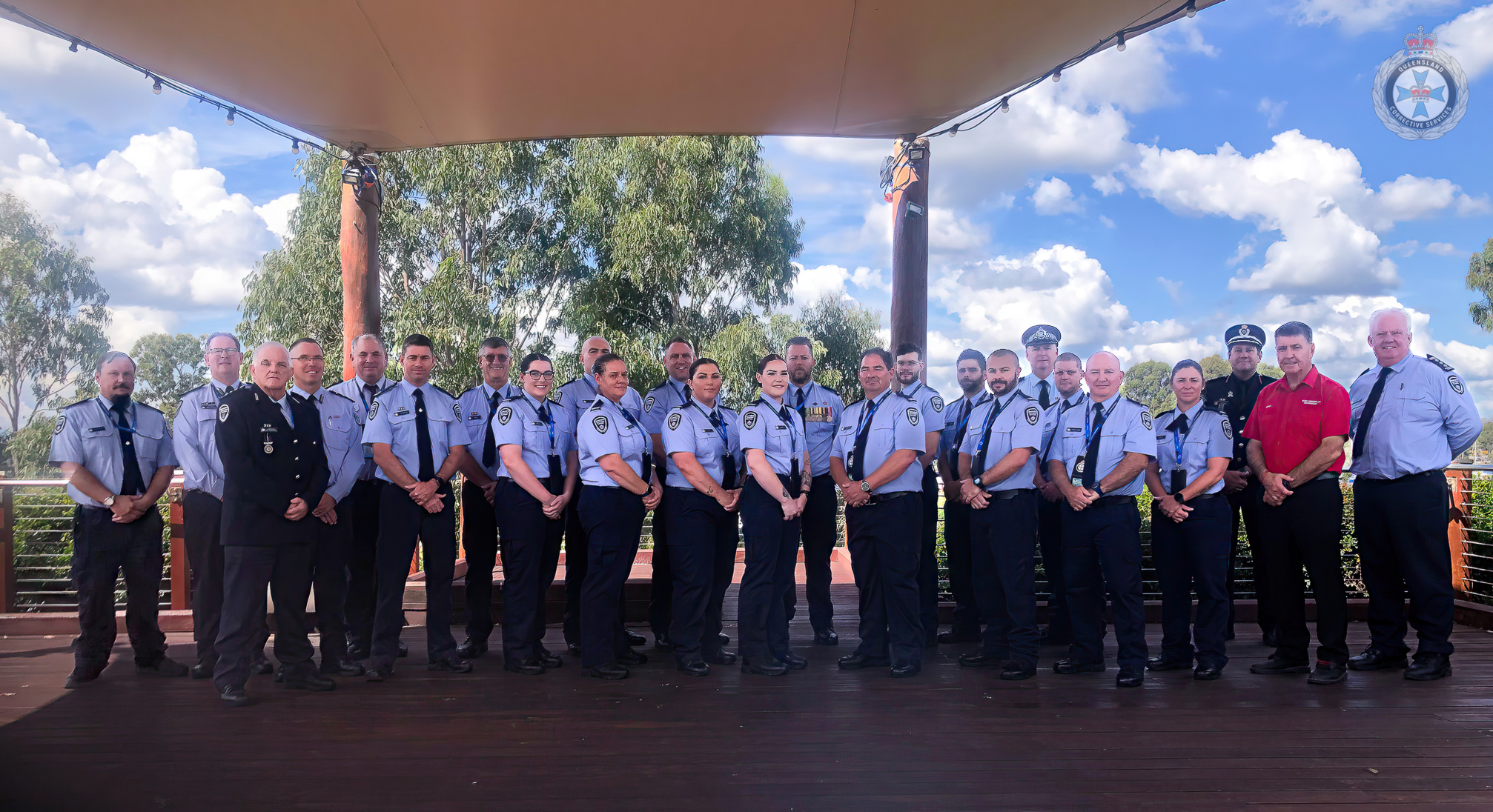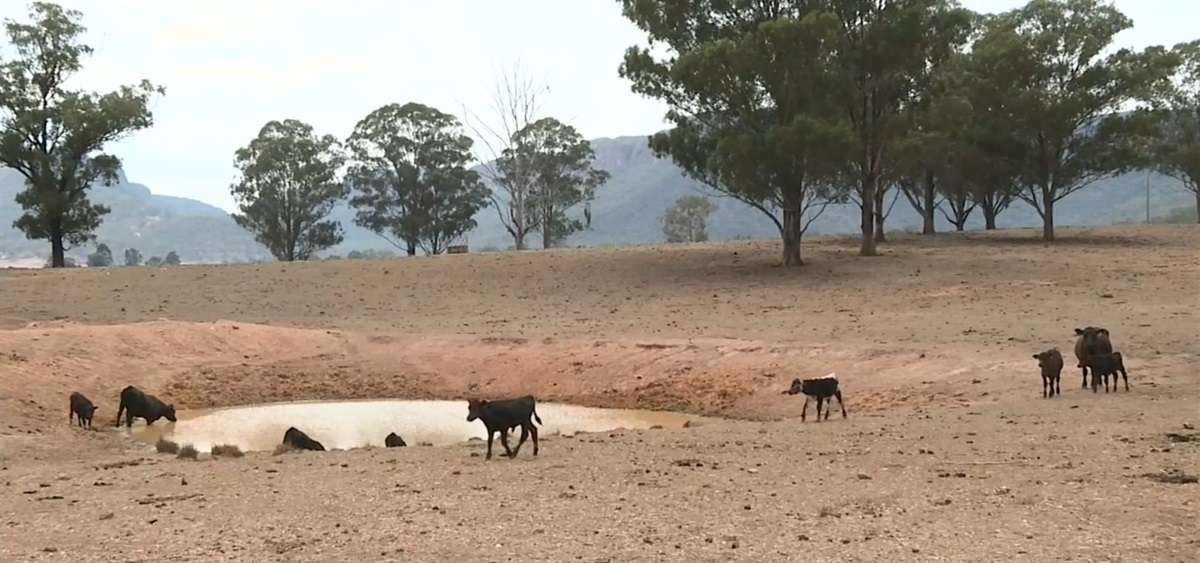Written by James Massola, Megan Gorrey and Tom Rabe. Originally published in the Age, October 3 2021
Constitutional law expert Anne Twomey says the NSW corruption watchdog acted appropriately by ignoring the political implications and announcing it was investigating Premier Gladys Berejiklian.
As the fallout deepened from Ms Berejiklian’s announcement on Friday that she would quit, senior former federal Liberal MP Philip Ruddock and former state MP Pru Goward both criticised the Independent Commission Against Corruption over the method and timing of the move.
And the demise of a third NSW Liberal Premier over an ICAC investigation has also prompted fresh questions over Prime Minister Scott Morrison’s promise – more than 1000 days ago – to introduce a Commonwealth Integrity Commission.
Ms Berejiklian is the third Liberal Premier to lose their job after an ICAC-related matter, following Nick Greiner and Barry O’Farrell.
The ICAC announced Friday it was examining whether Ms Berejiklian breached the public trust or allowed or encouraged the occurrence of corrupt conduct by her former long-term boyfriend, disgraced former Liberal MP Daryl Maguire.
The outgoing Premier took aim at the ICAC’s timing with NSW reaching a critical point in the pandemic and beginning to emerge from lengthy lockdown as vaccination targets are reached.
But the University of Sydney’s Professor Twomey, one of the country’s foremost constitutional law experts, said she was surprised at criticism of the anti-corruption body.
“This shows that ICAC was acting regardless of the circumstances at the time, that it was acting on the basis of what it had before it. I would have thought in relation to any integrity body that they should act without taking into account the criticism of any political party,” she said.
“They shouldn’t take into account the politics of the day. ICAC should fulfil its responsibilities and not worry about politics in NSW.”
Mr Ruddock, a former federal attorney-general, said the ICAC should operate like a department of public prosecution, which establishes whether a person has a case to answer before announcing they are the subject of an investigation.
“If you look at the way in which serious issues of criminality are dealt with, you don’t put people on trial by innuendo until you have established there [are] substantial issues and people have had a chance to address them,” he said.
Ms Goward said she believed the ICAC would eventually say “there is not enough here” and that “as is so often the case with ICAC findings, they destroy a person’s career but never actually lead to any legal outcome”.
Federal Labor’s legal affairs spokesman Mark Dreyfus said Ms Berejiklian’s resignation highlighted once again the absence of a federal anti-corruption commission .Loading
Mr Dreyfus pointed out that public interest watch dogs such as the Centre for Public Integrity had described the proposed Commonwealth Integrity Commission as “the weakest watchdog in the country”.
The proposed body would not, he said, be able to investigate MPs or Ministers without the direction of the government of the day to do so.
A spokesman for Attorney-General Michaelia Cash said the Morrison government still planned to bring the Commonwealth Integrity Commission legislation to the Parliament by the end of 2021.
After 333 written submissions and 47 consultation sessions the government was considering the extensive feedback received through the consultation process in order to inform further refinement of the draft legislation, he said.
Read the original article here








